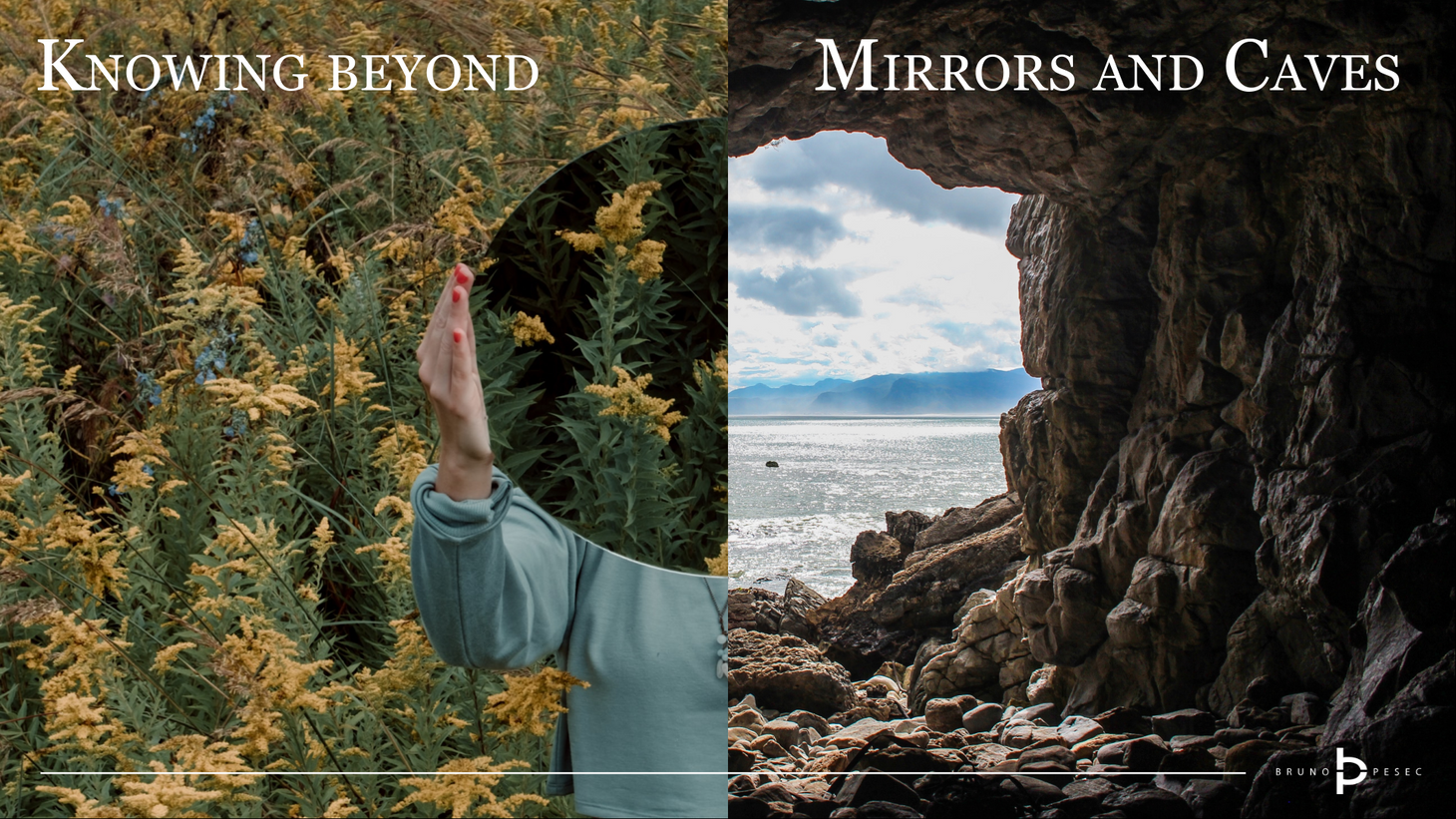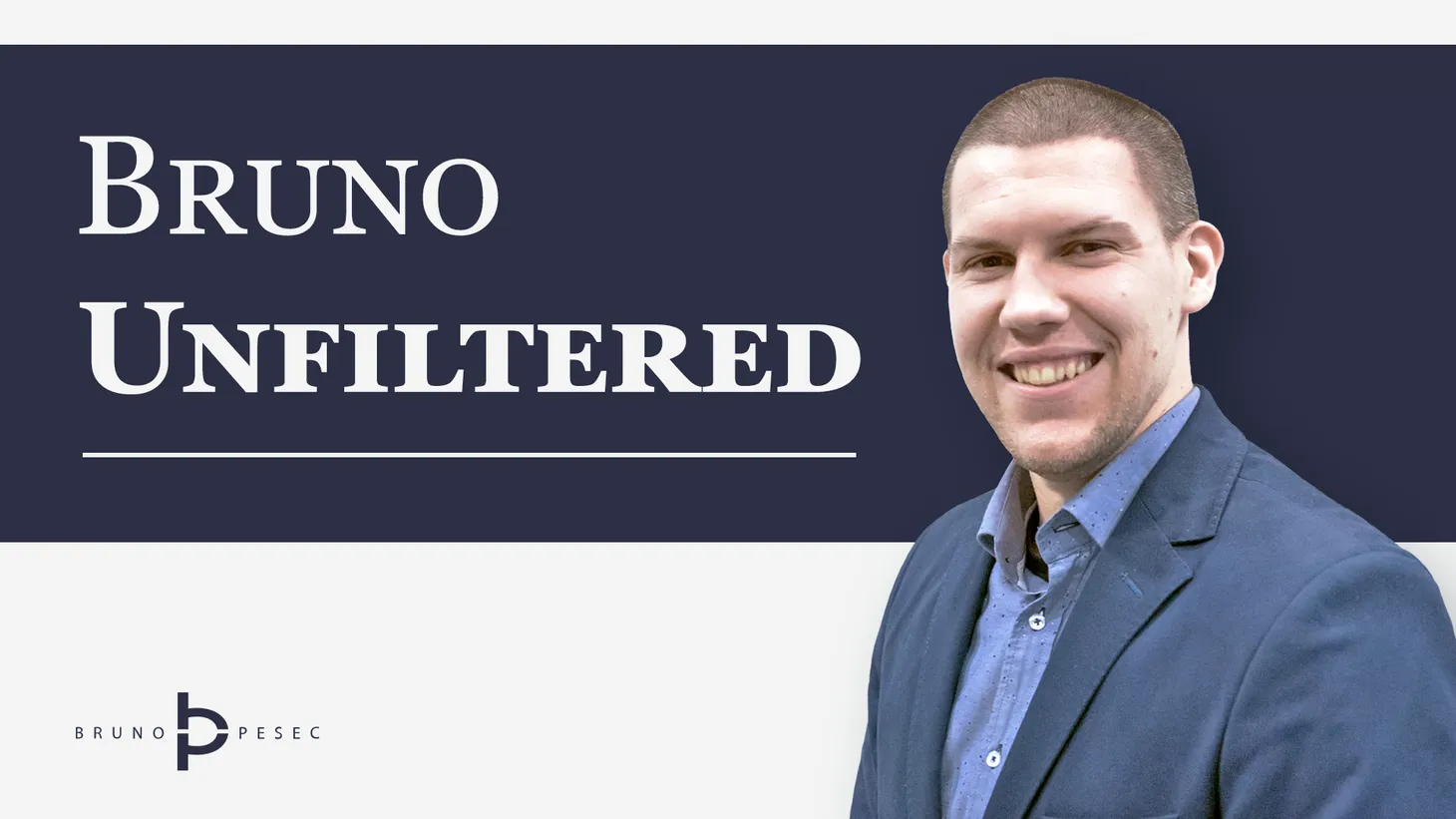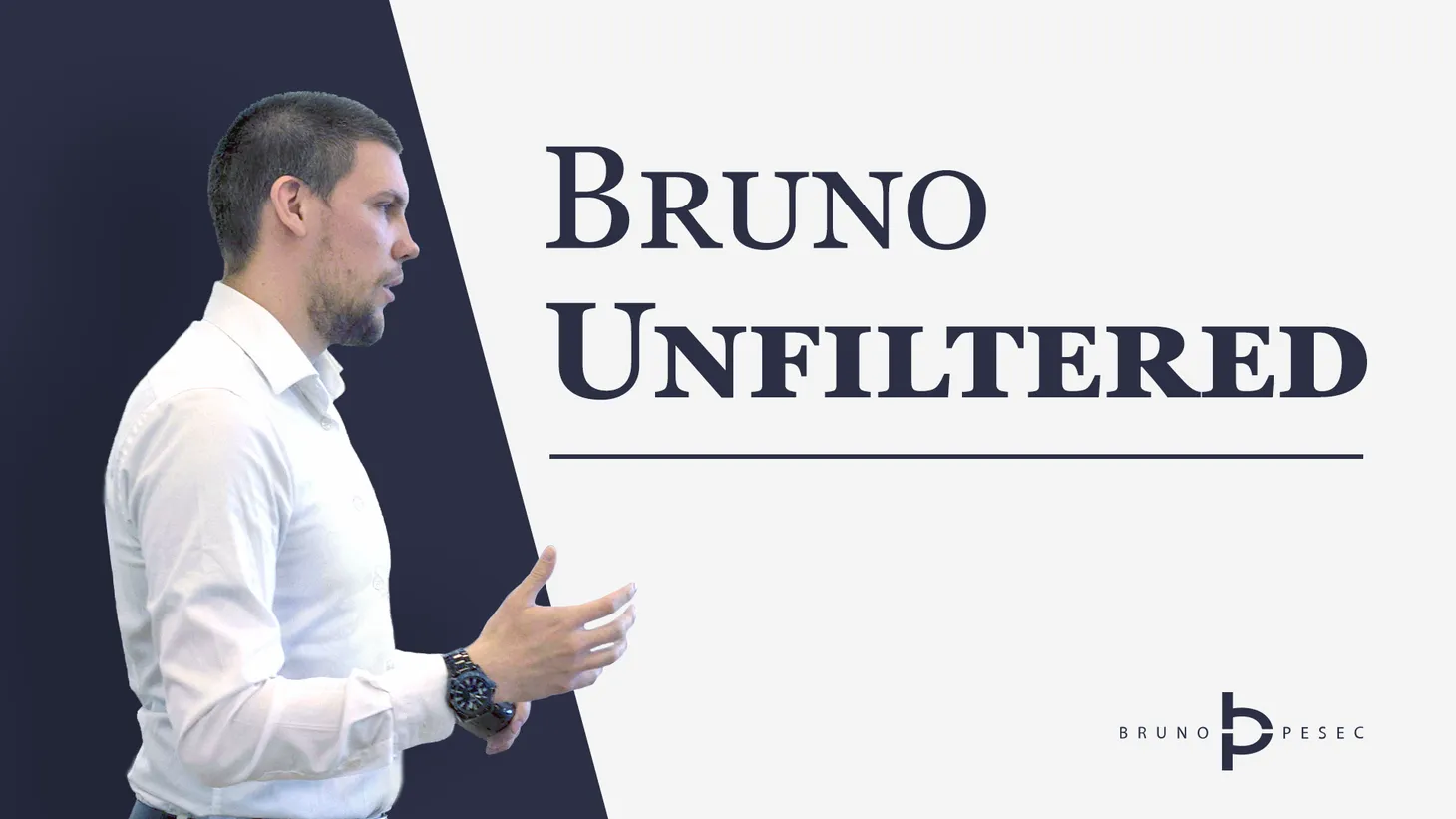Knowing beyond mirrors and caves
Have empiricists and rationalists solved the riddle of knowledge?

How do we get to know the world?
Empiricists like Aristotle and John Locke argued that that our mind functions as a mirror to the nature, and that all knowledge is derived from experience. We are born as empty vessels, and as we experience the world we get to know.
And while mind as a mirror is an alluring, simplistic metaphor, it doesn't really do justice to the question of how do we get to know.
For example, empiricist view does not help us with categorisation of thoughts, or provide an explanation of how are sensations transformed into abstract concepts, or any way to check if the world is being mirrored correctly.
What if our mirror is cracked? How are we to know that? Can someone on the outside tell us that? What if their mirror is cracked as well? Does it matter?
Plato and Immanuel Kant weren't too enthusiastic about empiricist world-view, so they decided to rationalise it by arguing that our concepts are not produced by the world we are in, but rather that our concepts help us see, categorise, and organise the world in varying ways.
Here we have another metaphor – one of the cave.
In The Republic, Plato describes a group of people born into a cave, shackled to the cave walls (old-school philosophers were hardcore, all metaphors had to be grim). In their imprisonment, the only thing they could see are the shadows on the wall. It was by reasoning – rationalising – they had to come to know the meaning of these shadows.
But neither empiricist nor rationalists have solved the riddle of knowledge.
As example, Kenneth J. Gergen challenges Kant's arguments that concepts are innate, by arguing that would require us to explain how do material events cause mental events. He proposes that the problem of knowledge cannot be solved due to ill problem definition:
In effect, the insoluble problem of knowledge is only insoluble because of the dualist metaphor used to define the problem. We could abandon dualism and the problem would go away — or at least be revised in a more treatable form.
Where does that leave us, the practitioners?
It liberates us from the concept of empirical and rational as the only acceptable and valid ways of knowing. There is this freedom to build atop of them, around of them, or scrap them and attempt to come up with a new view.
As an engineer, I always enjoy analysing different systems, looking for commonalities and patterns, and how they could reinforce each other. There is often something to gain by working out boundaries and interactions.
What's frequently useful is looking at the system from multiple perspectives, or through multiple lenses, if you wish. For example, we can look at the car from a number of engineering perspectives – mechanical, electrical, chemical, aeronautical, software – each emphasizing and conveying different elements of the system.
But that is only one set of perspective. We can also take a number of other perspectives like social, economical, ergonomical, environmental... and the list goes on, limited solely by our world-views. As I said, the intersections between different perspectives can be disturbingly provocative.
Perhaps that's why I find extended ways of knowing from John Heron and Peter Reason stimulating and helpful. They argue for four additional ways of knowing:
- experiential – knowing through first-hand experience,
- presentational – knowing through showing,
- propositional – intellectual knowing of ideas and theories, and
- practical – knowing how to do something.
Going back to my metaphor, these four ways of knowing are additional lenses to look at knowledge. That enables us to answer questions like How can I trust this?, How did I get to know this?, and How do I get to share that knowledge? from different perspectives, ultimately ending up with a richer and deeper understanding of our own knowledge.
And isn't that great?
Bruno Unfiltered
Subscribe to get the latest posts delivered right to your inbox. No spam. Only Bruno.




